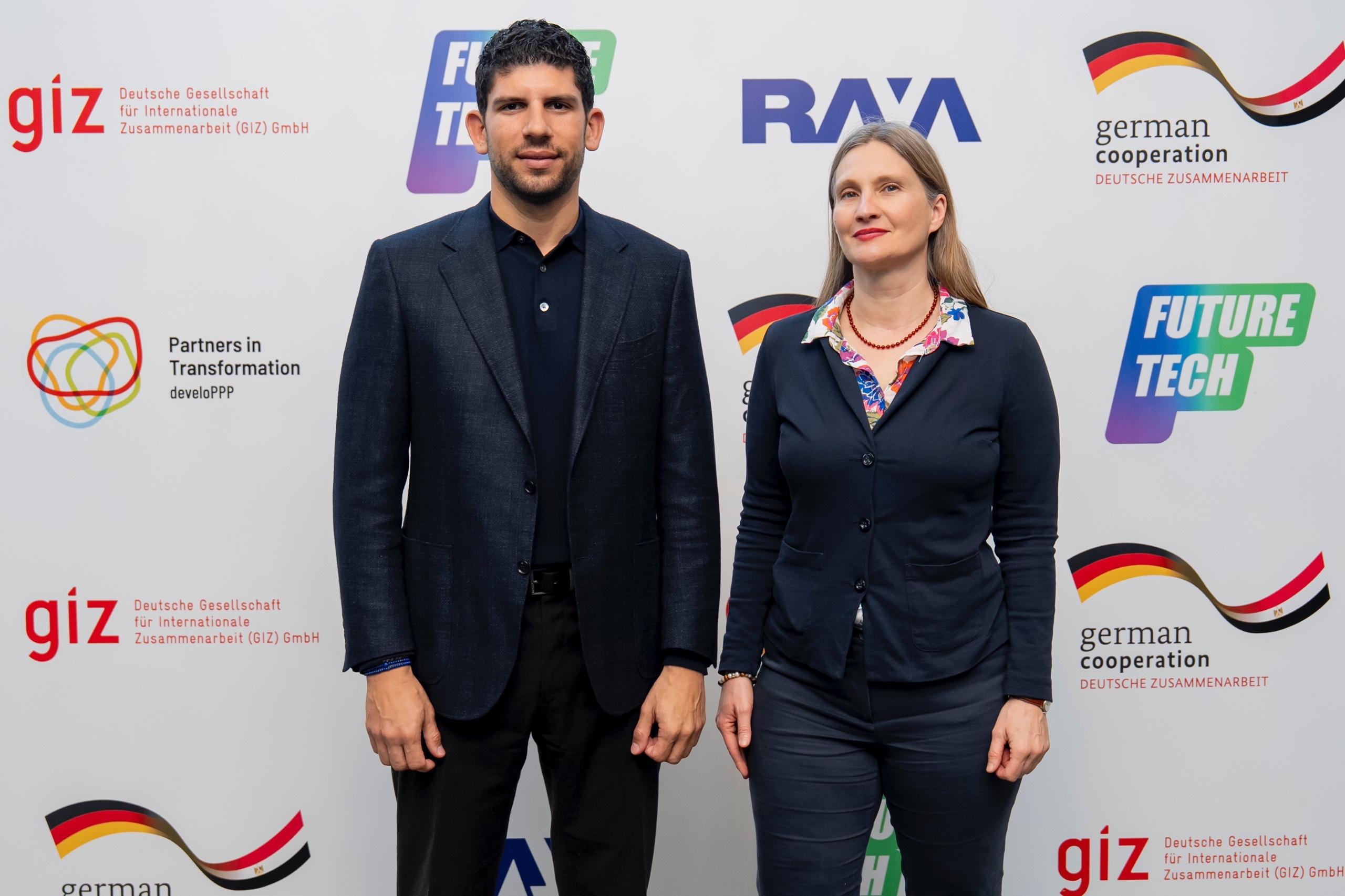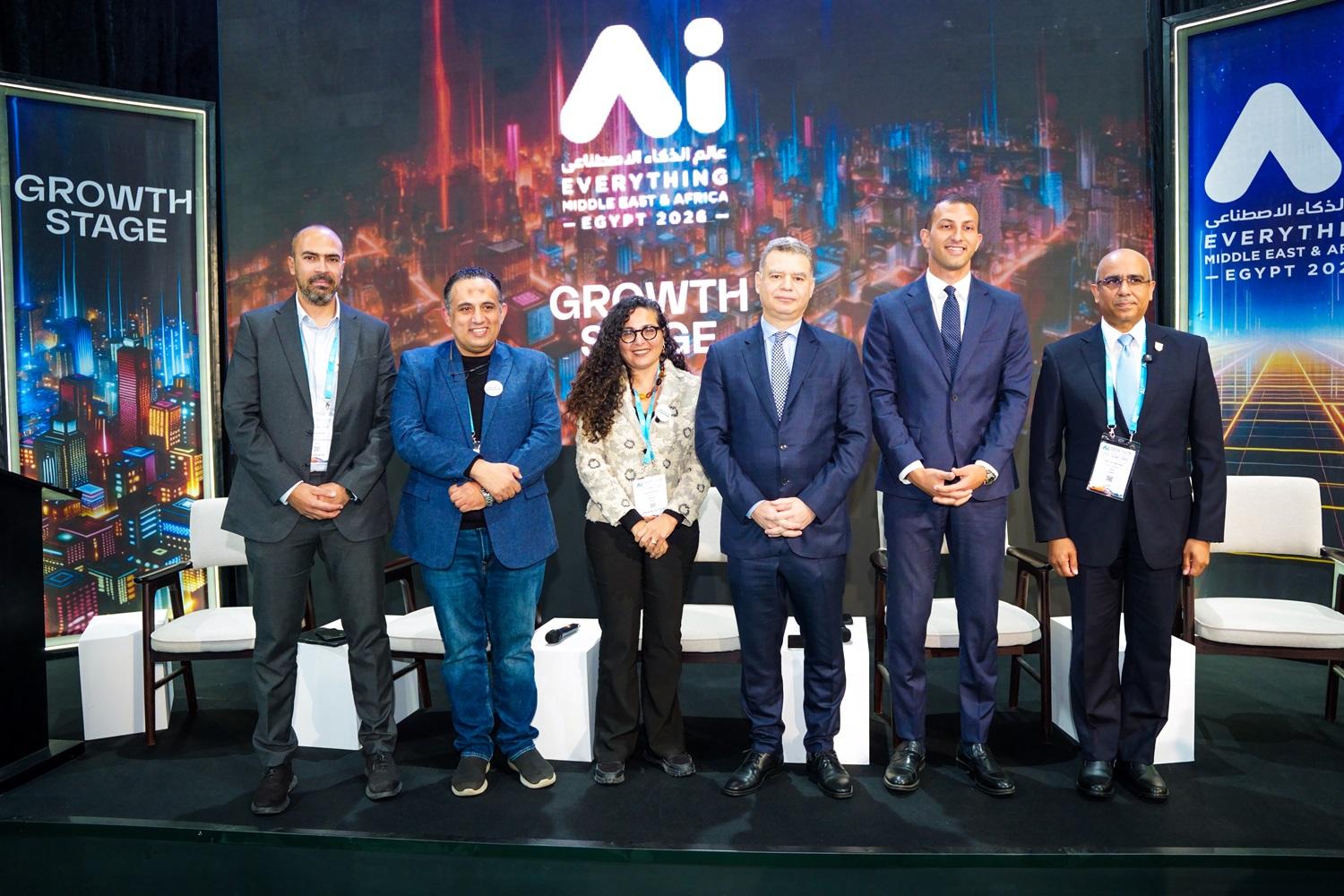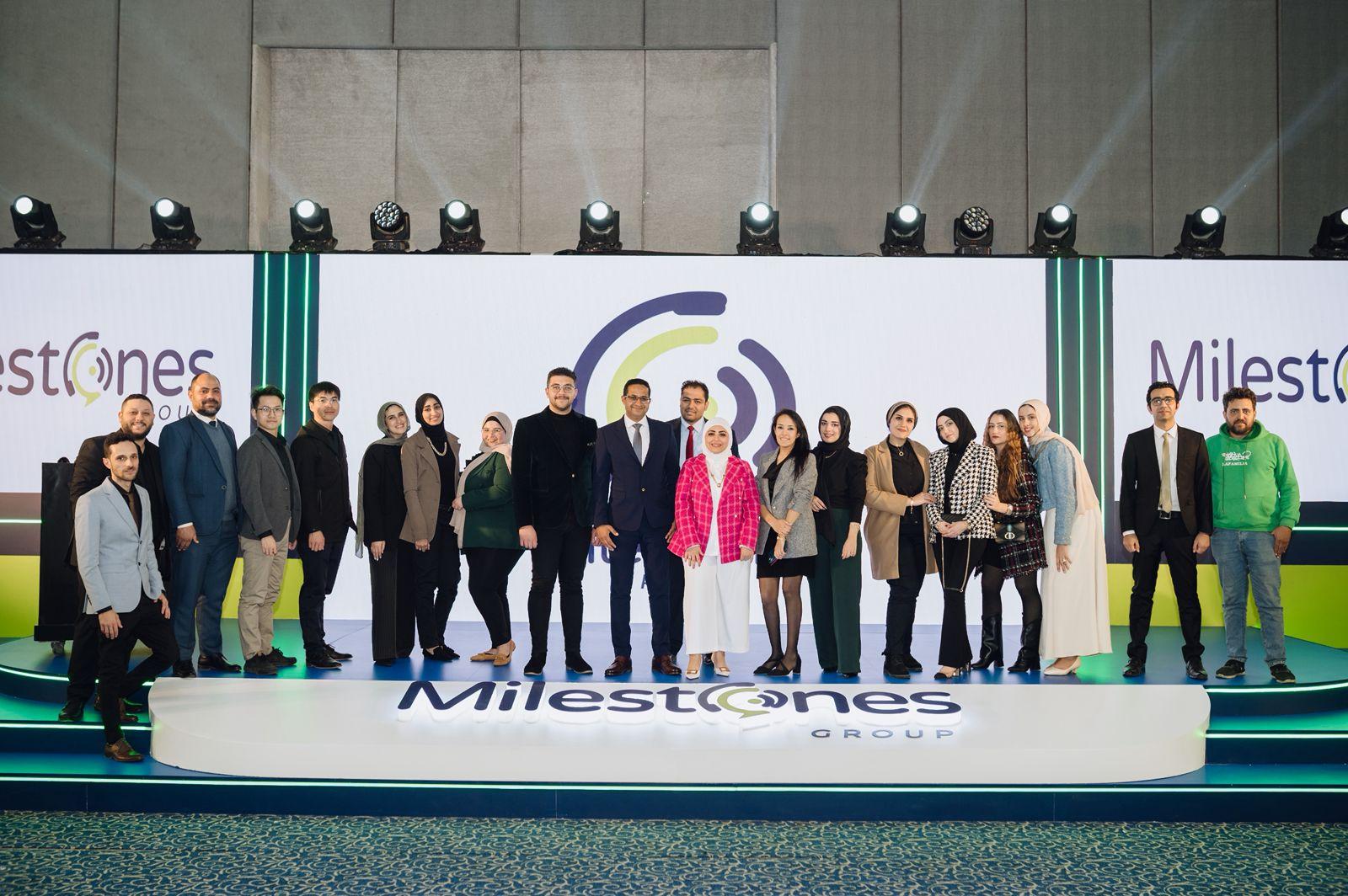Mohamed El-Naggar: “Manufacturing is a step on the road and we seek to localize the electric vehicle industry in Egypt.”
In line with the directions of the political leadership of the Egyptian state towards expanding the use of electric cars, localizing their manufacture and increasing the local component in the manufacturing system, Raya Auto, one of the subsidiaries of the Raya Holding Group for Financial Investments, announced its strategy is in line with the trends of the state and the global trend in the transformation from the use of fuel (petrol, solar) to clean energy such as electricity. From this standpoint, Raya Holding for financial investments has invested more than 200 million pounds in Raya Auto factory to collect light transport, including electric vehicles, as the current production capacity of Raya Auto plant in the 6th of October City reaches 20 thousand vehicles annually. In addition, there is an ambitious plan to double these numbers during the New Year. The current production volume is in the range of 5000 vehicles, while the number of direct workers in the factory today reaches 80 workers. The percentage of local manufacturing, according to the laws that are organized and announced by the Ministry of Industry, is 45%. According to the plan established with the Ministry, it is expected that by the end of 2021 we will reach the percentage required.
Mohamed El-Naggar, CEO of Raya Auto, confirmed that Egypt has begun to take great steps in manufacturing electric cars in cooperation between the government and the private sector with the aim of settling this industry and protecting the environment from negative environmental impacts. The added value is reflected in stimulating the purchase and use of electric cars to preserve the environment and provide (subsidized) fuel. He pointed out that there are a number of advantages as a result of relying on electric vehicles, represented by the consumer in saving fuel and low maintenance costs. In addition, reducing the cost of importing petroleum products for the state in numbers reaching billions of pounds, creating a new industry locally, reducing vehicle prices and opening more areas for electric shipping stations and providing new job opportunities.
El Naggar mentioned that the size of the local market accommodates at least 350 thousand motorcycles (gasoline) annually, and in the event that the state finishes issuing the law on licensing and the spread of appropriate infrastructure, we expect a gradual shift from gasoline-powered bicycles to electricity. The return on the environment is regarding reducing emissions from vehicles that operate on standard fuels (gasoline, solar), indicating that, based on the instructions of the President of the Republic, the laws relating to the licensing of electric vehicles, the spread of charging stations and the setting of a freight tariff are expected to be completed within the next short period.
El Naggar continued that it is important for Egypt to keep pace with the global development in the field of vehicle industry in order to remain in the ranks of countries accompanying the technological development to preserve the environment. This indicates that the direct economic return for the localization of the electric vehicle industry is to save fuel consumption and provide hard currency as well as support. This allows the average cost of one kilometer in electric vehicles to not exceed 40% of that of gasoline.














































































